What you are about to read has been written by a Human without the assistance of third-party Artificial Intelligence Support.
Artificial Intelligence has become almost inescapable, creeping into film, music, and now the education curriculum. Capable of providing learning assistance, AI platforms like ChatGPT have the ability to aid students in gruesome study sessions, conferring as the bridge between misunderstanding and clear comprehension. However, when students begin to prompt GPT to brainlessly complete their entire course load, therein lies a problem.
“I absolutely think there is a lace for AI in the classroom, where exactly is still to be determined. This is new territory for students and teachers and it’s going to take some time for us to figure out best practices for its use,” says COMPASS English teacher Mrs. Hess.
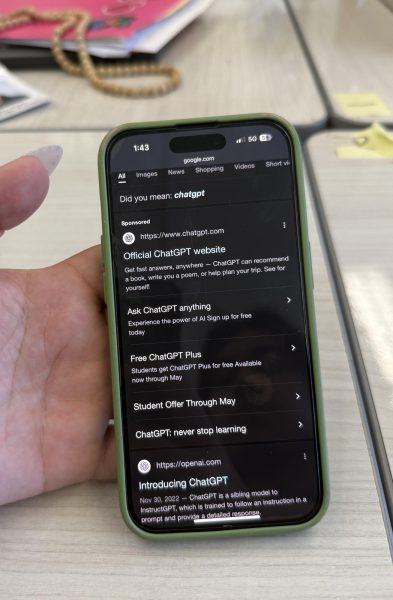
According to a study conducted by Neuroscience News, 70% of educators believe that AI actively contributes to plagiarism. QUEST Senior Morgan Nowak says, “I know people who write their entire papers off of AI and just copy it onto a doc. I’ve even seen people ‘write’ papers using multiple AI systems to get around teachers’ AI checkers.” Nowak, referencing applications like Walter Writes AI, expresses a distaste for programs that can generate text that will bypass Artificial Intelligence detection programs, systems that are put in place to ensure academic integrity within the curriculum.
The culprit is not just high school students. A survey conducted by New York Magazine reported that 90% out of 1,000 University students had fabricated their coursework with AI. Thus, signalling a greater issue with academic integrity, students are having ChatGPT complete the education they are paying tuition for.
Moreover, the catastrophic impacts AI has on our ecological environment, and the severe consequences if caught cheating, having AI complete your entire academic coursework hinders your profession post-graduation, no matter your career field. A lack of proper background knowledge needed to perform essential job functions will be missing; what will be present is clueless industry ‘professionals.’
Challenge yourself to comprehend the content you are assigned rather than prompting ChatGPT to do so. Therefore, you’ll physically witness the lengths you are capable of without a digital puppeteer directing your hand through.




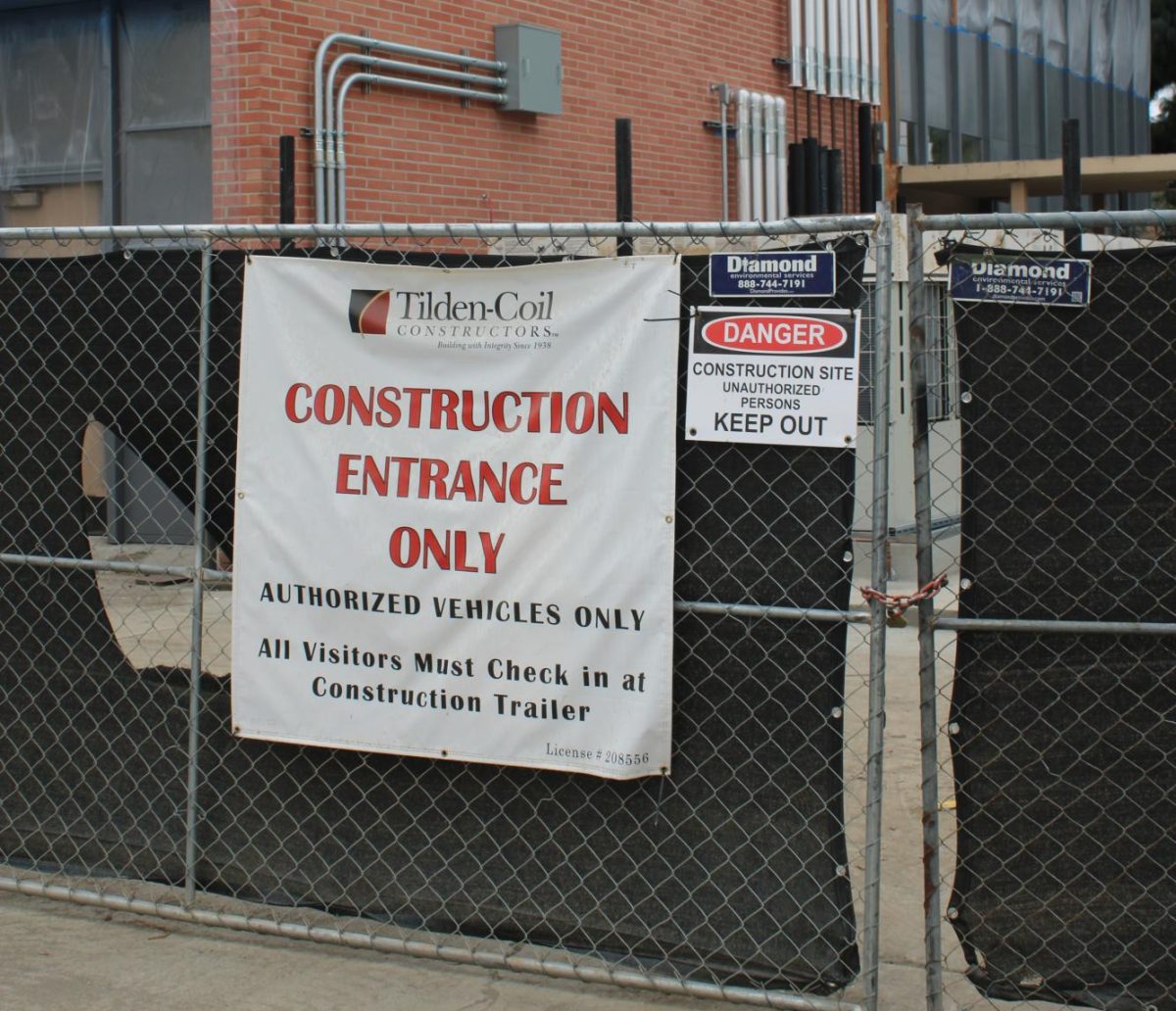
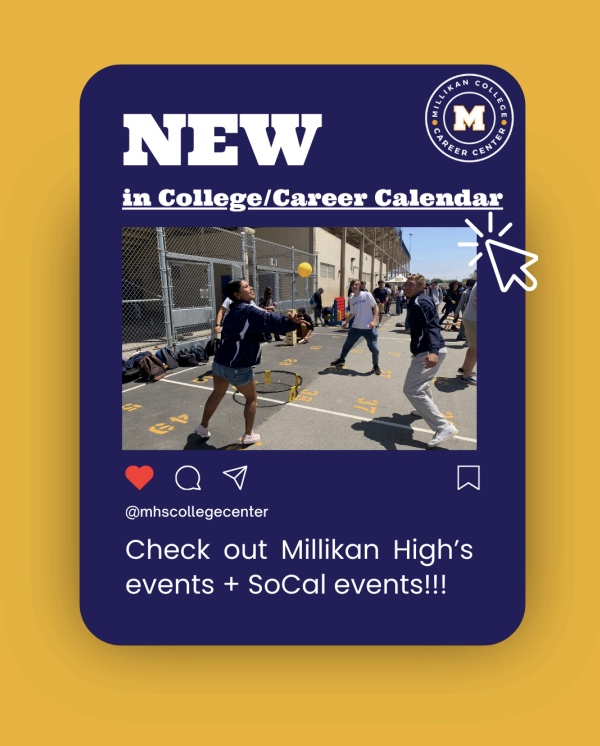

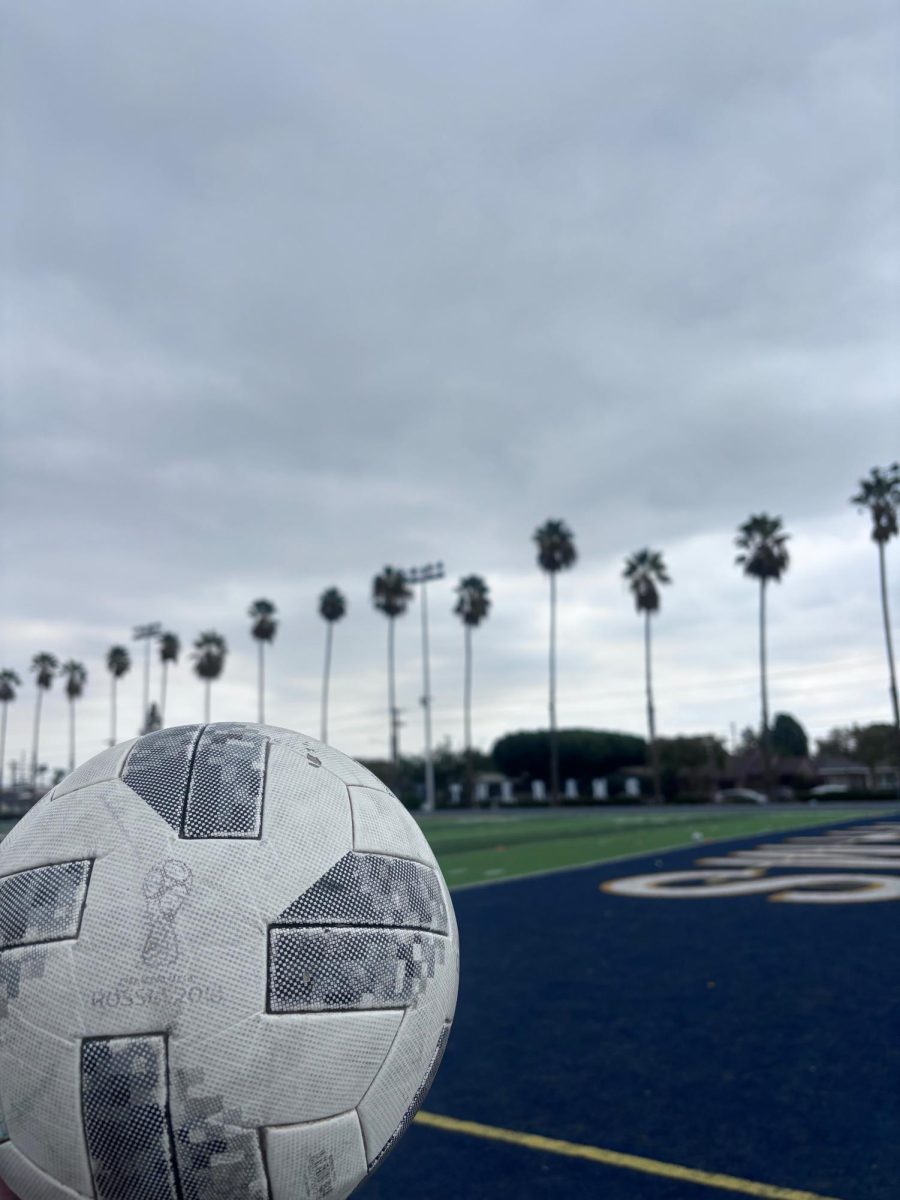
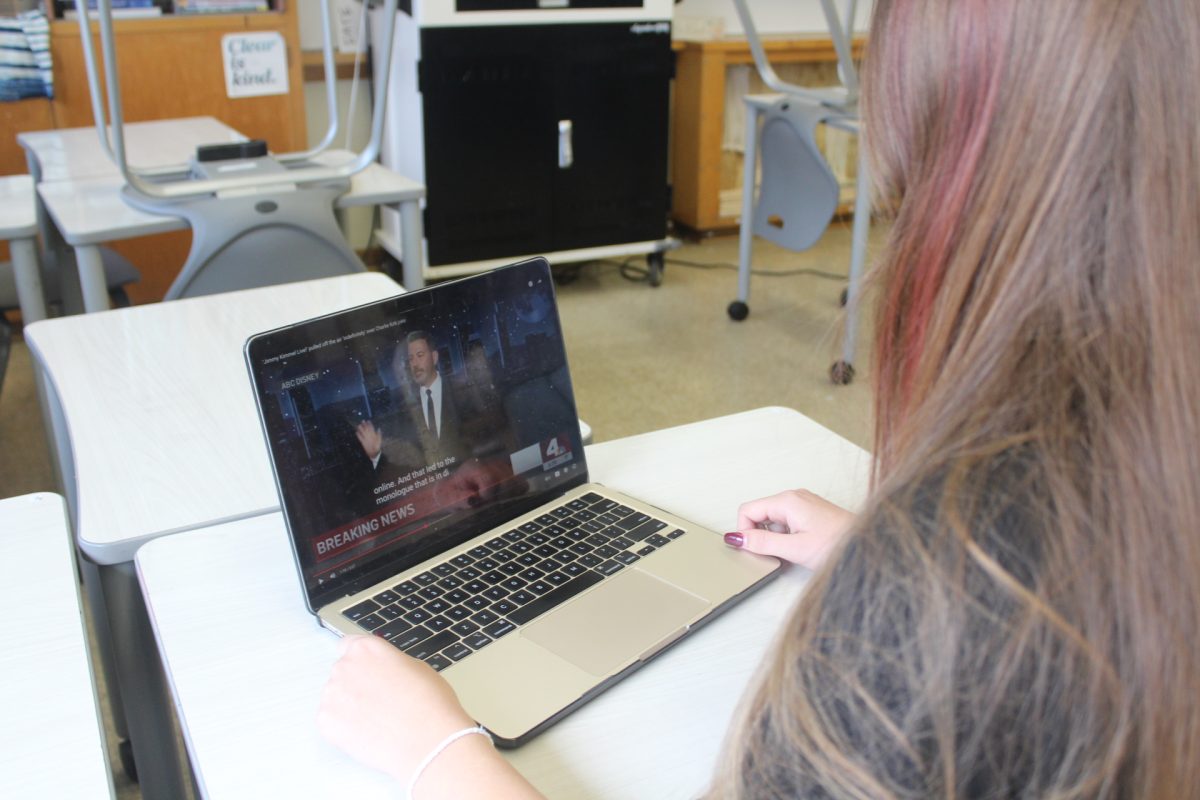
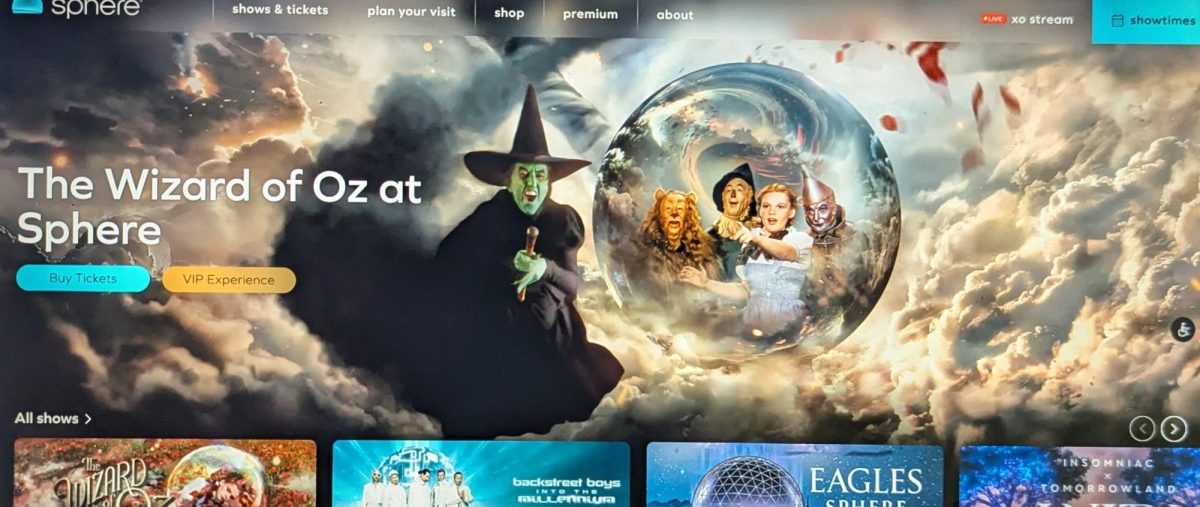

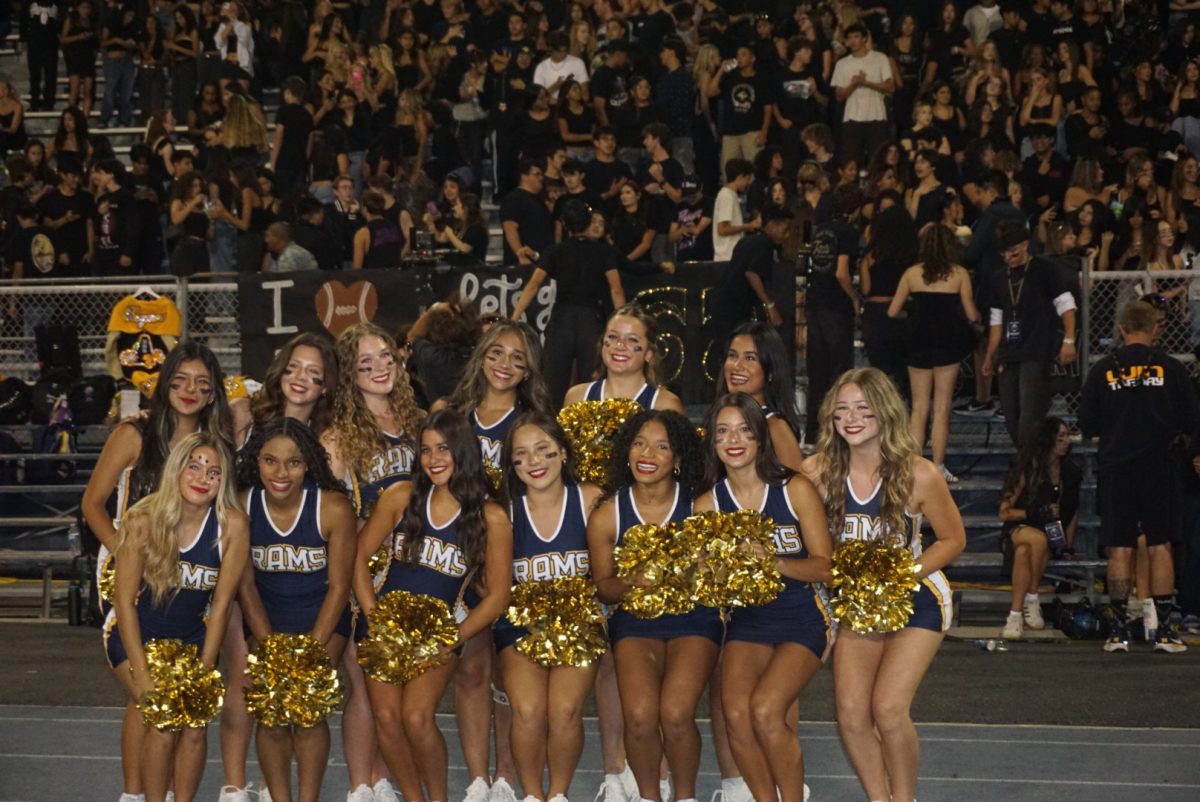
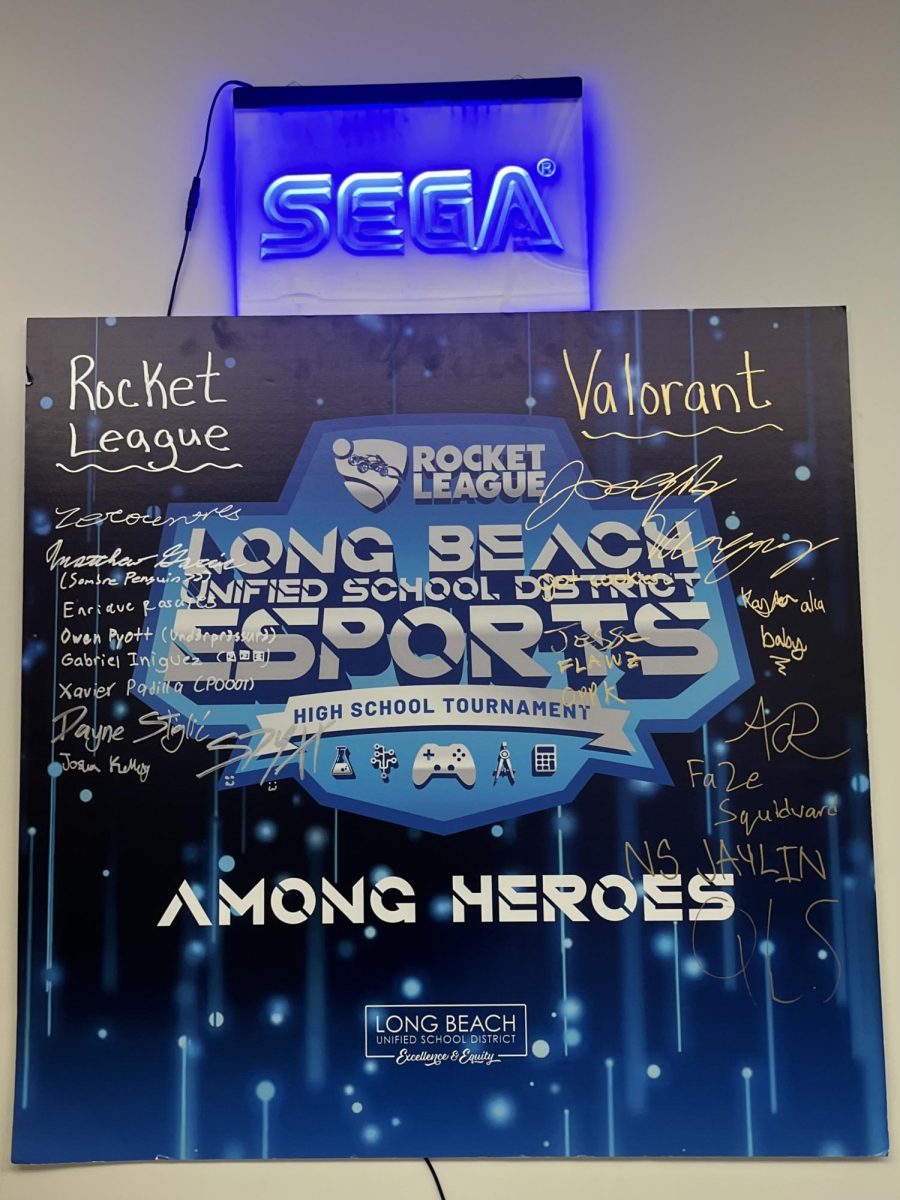






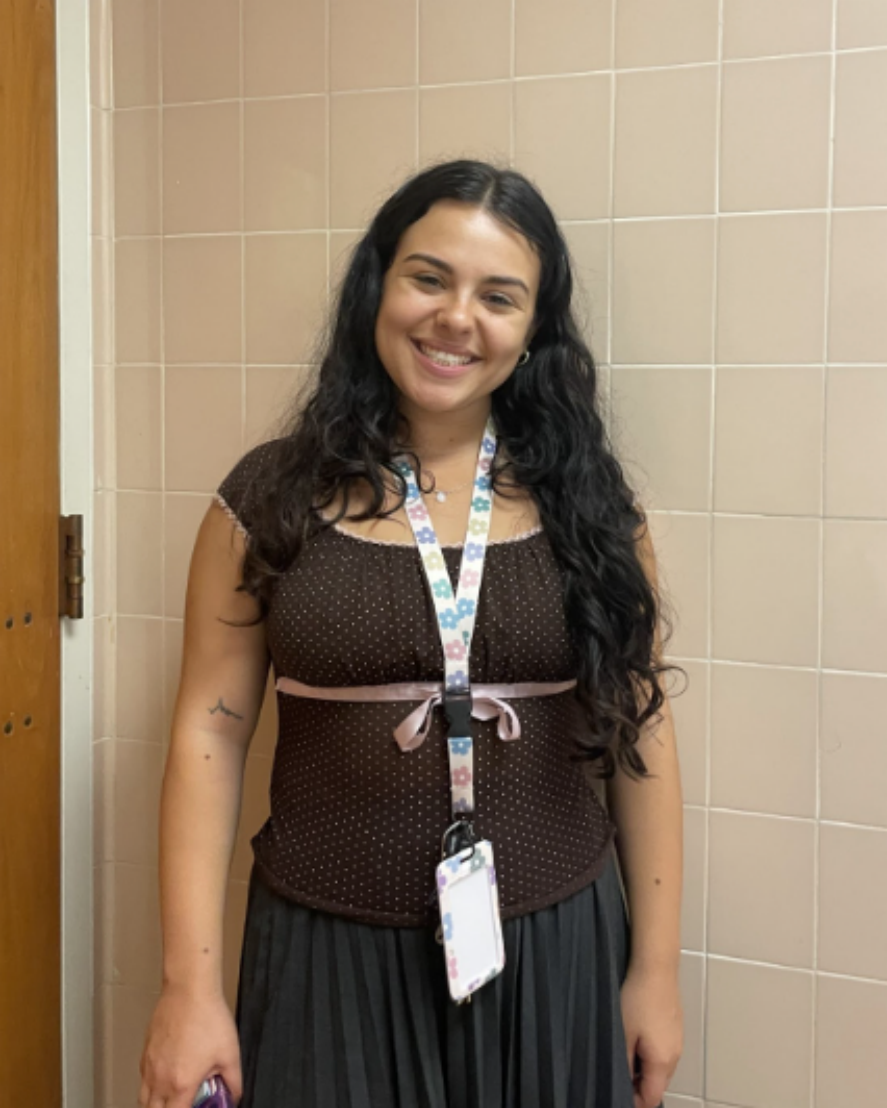
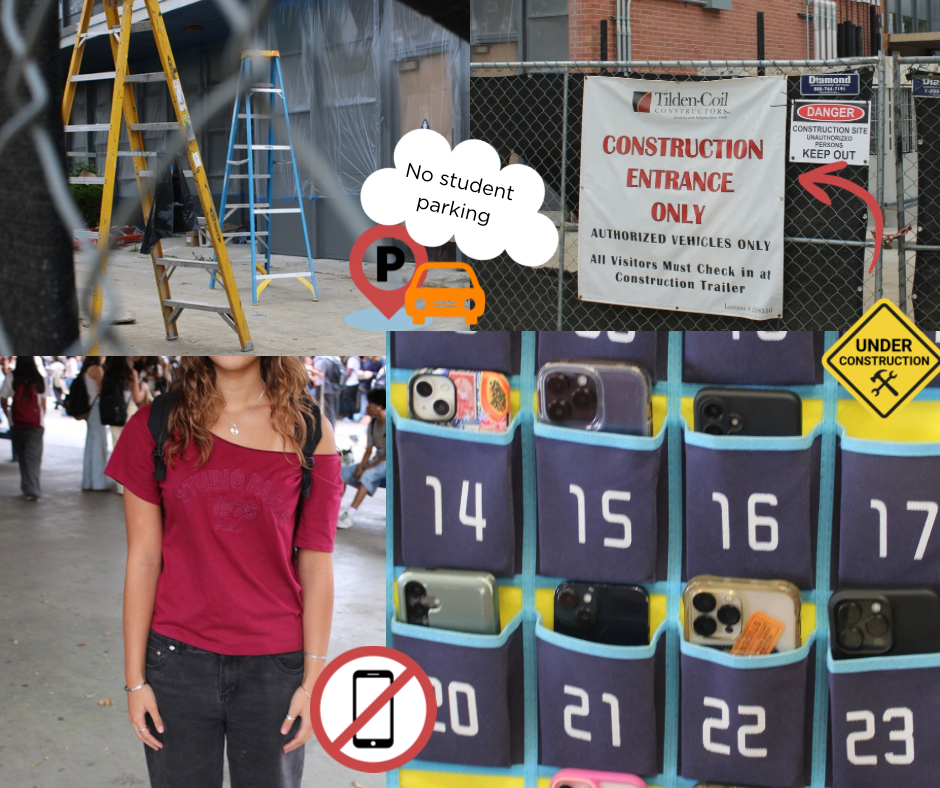




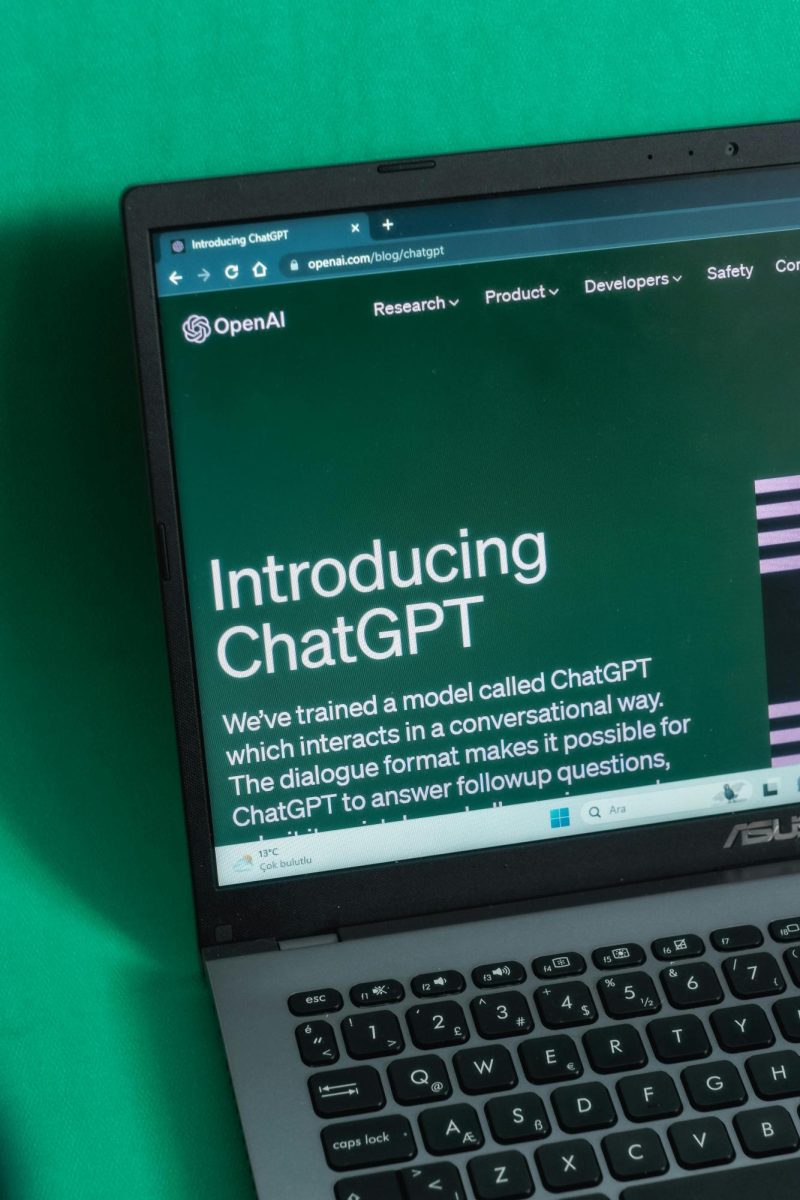
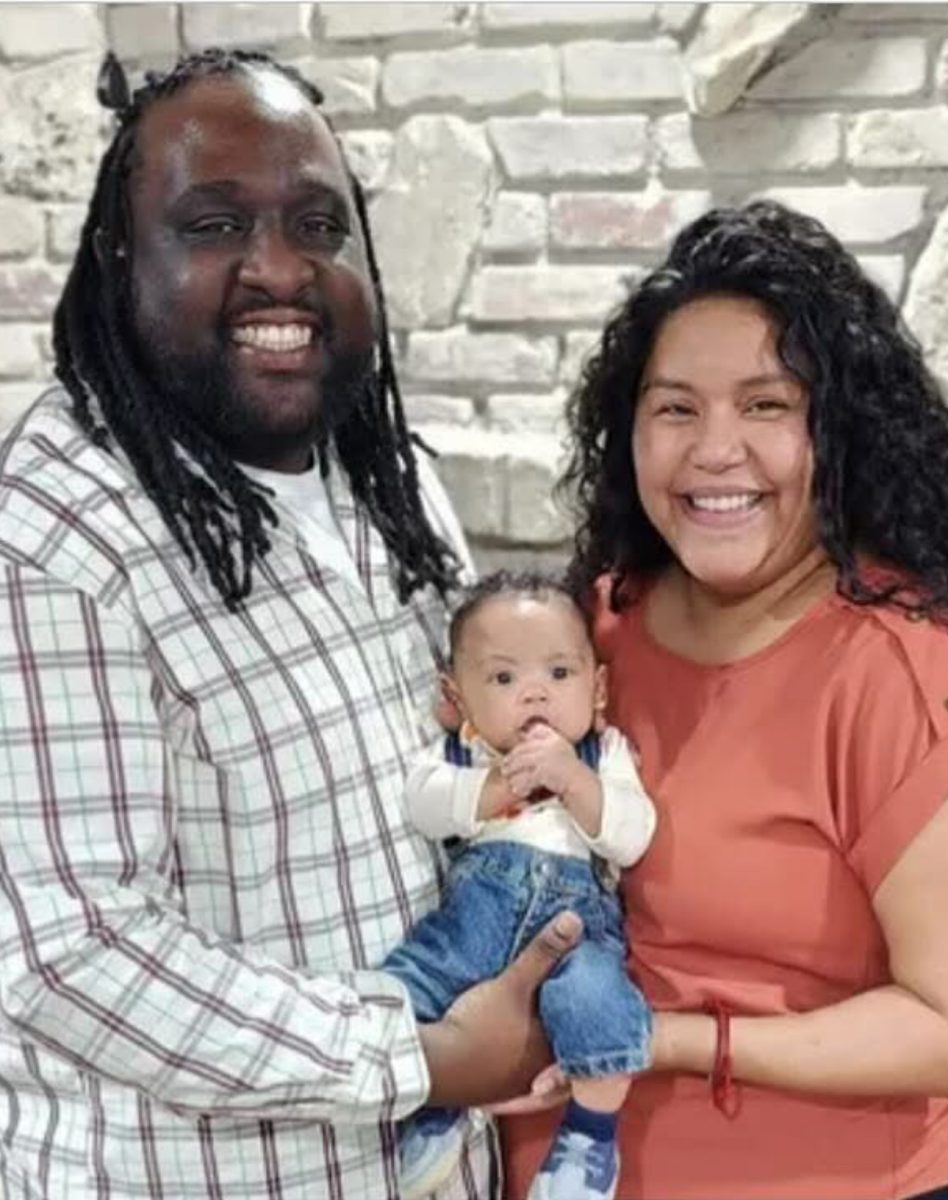
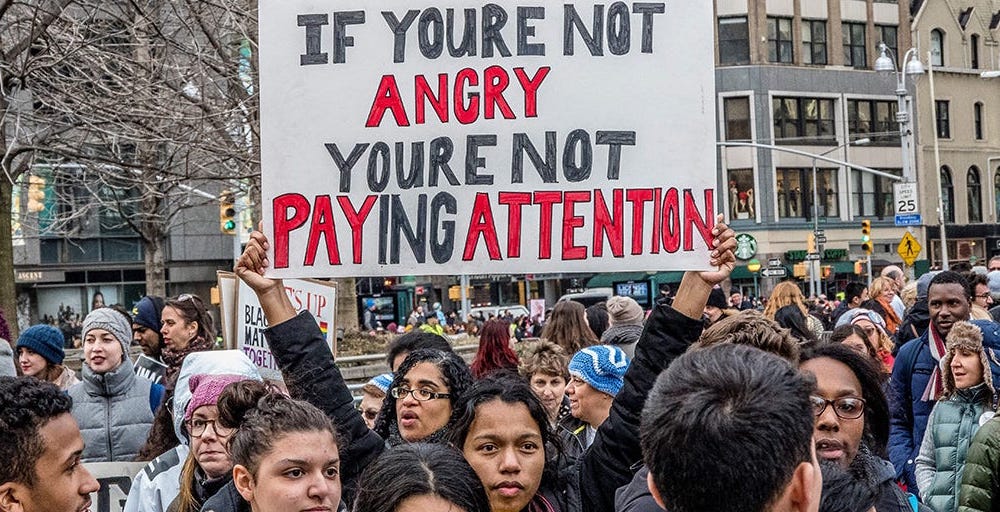



Atheena Roncal • May 30, 2025 at 9:02 am
On May 27th, 2025, Ian Henriquez wrote an article titled “AI Stupefied Students”. This student-written article discusses the rapid growth in the usage of AI in education, which is one of the very active roles that strongly contribute to one’s knowledge, skills, and eventually their future career. However, the misuse of AI can be extremely harmful towards one’s dreams of being successful through the guidance of academics to their career path. “Having AI complete your entire academic coursework hinders your profession post-graduation,” as Henriquez claims, gives little to no use and value to the education one was granted, with the possible opportunities thrown away after letting an AI become the version of one’s voice that isn’t truly theirs.
Henriquez did an excellent job on elaborating the importance of students facing challenges to see where they stand in terms of their strengths and weaknesses in certain areas, rather than a guiding hand where an AI stands. I admire the slightly positive perspective that was shortly approached by COMPASS teacher Mrs. Hess, whose opinion seems balanced but can still be questionable due to the little limitations on access to AI. I think that AI does have a place in the classroom to a very small extent when it comes to assistance, but there are boundaries that are to be set by teachers and higher management to make that final decision. This was a wonderfully done article that expresses both the pros and cons of AI.